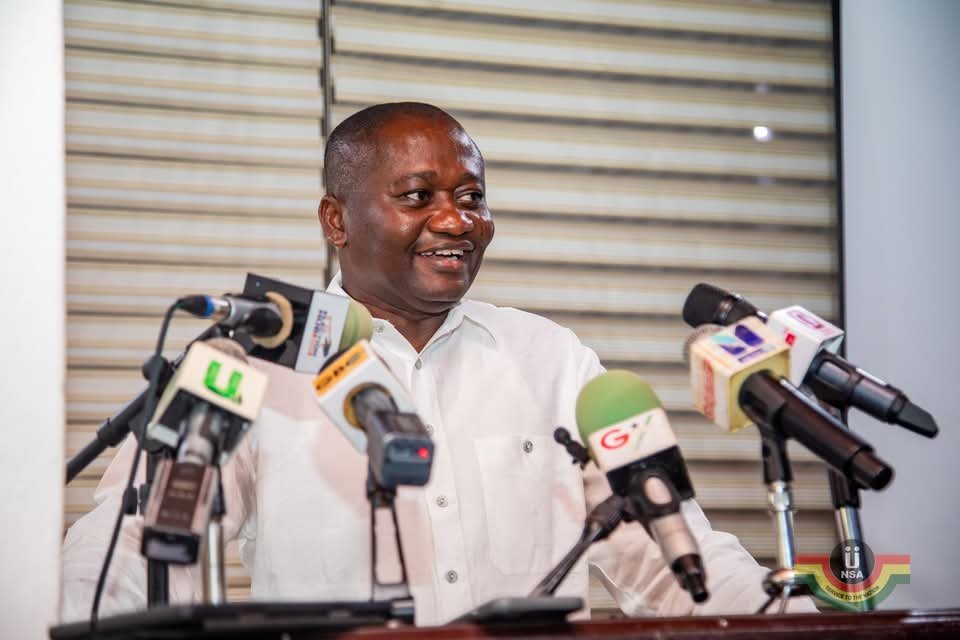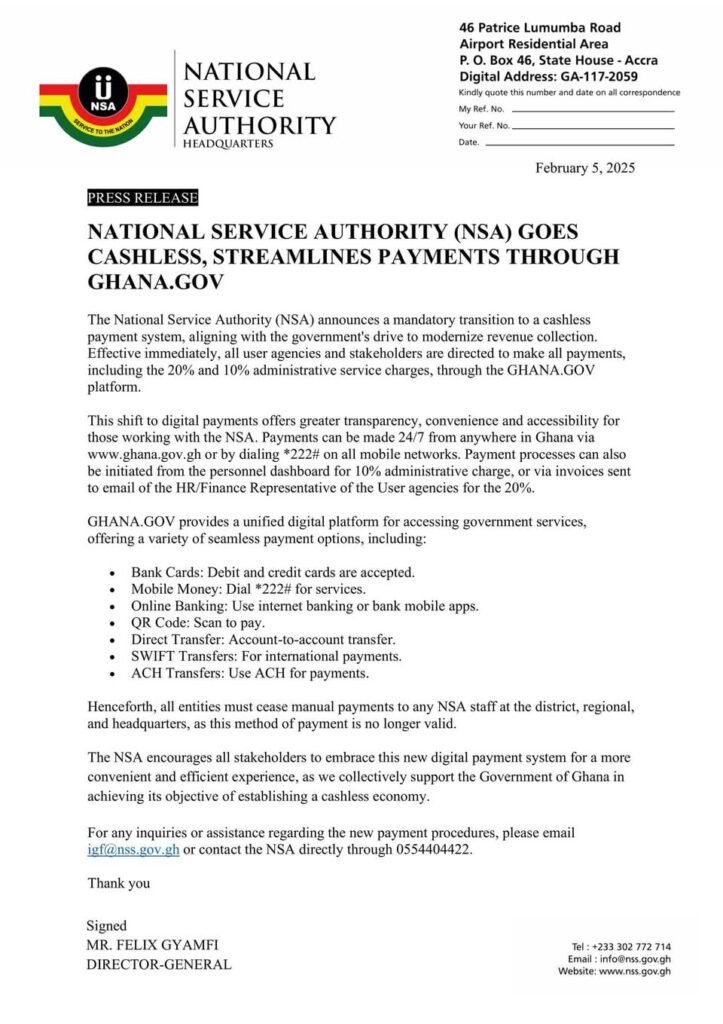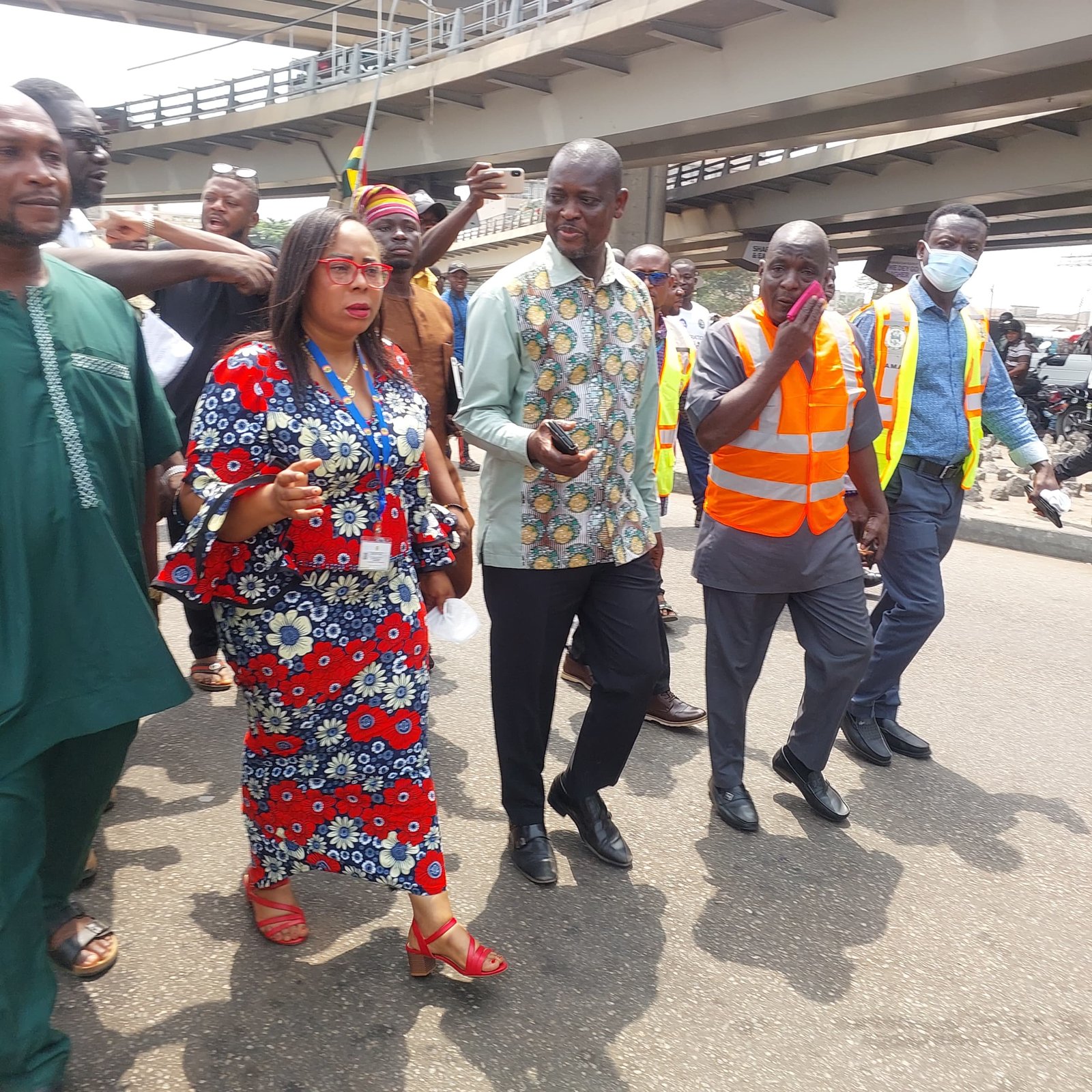News
National Action Plan to combat misinformation before cabinet – President Akufo-Addo

At the Ghana Report Summit held today on August 1, 2024, President Nana Addo Dankwa Akufo-Addo revealed that a comprehensive National Action Plan, aimed at combating misinformation and disinformation in the lead-up to the 2024 General Elections, is currently before Cabinet for its consideration and action.
In his address, President Akufo-Addo praised Ghana’s impressive democratic journey, marked by eight successful general elections since the return to constitutional rule in 1993.
However, he cautioned that misinformation and disinformation pose significant threats to these democratic achievements. “False narratives can distort public perception, undermine trust in our institutions, and even incite violence,” the President warned.
The digital age has transformed how information is shared and consumed, offering both opportunities and challenges. Social media platforms, while beneficial in many ways, have become hotbeds for the rapid spread of false information.
President Akufo-Addo noted that misinformation and disinformation can distort public perception of candidates and political parties, leading to uninformed decision-making at the polls. Disinformation campaigns often exploit societal divisions, amplifying existing tensions and risking social cohesion.
To counter these threats, President Akufo-Addo announced the development of a National Action Plan, which is currently before the Cabinet for consideration. This detailed plan outlines strategic steps to combat the spread of false information and protect democratic processes. The Action Plan aims to safeguard the integrity of elections, promote an informed and engaged citizenry, and ensure that misinformation and disinformation do not undermine Ghana’s hard-won democratic gains.
The National Action Plan includes several key initiatives:
Strengthening Regulatory Frameworks: The government is enhancing legal and regulatory frameworks to hold individuals and organizations accountable for spreading false information. This will involve stricter penalties for those found guilty of disseminating misinformation and disinformation.
Collaborating with Technology Companies: The government is working with social media companies and other tech firms to develop mechanisms for monitoring and curbing the spread of false information. These partnerships are crucial in the fight against digital misinformation and disinformation.
Public Awareness Campaigns: Nationwide campaigns will be launched to educate citizens about the dangers of misinformation and disinformation. These campaigns will promote media literacy, empowering voters to make informed decisions and recognize and reject false information.
Supporting Fact-Checking Organizations: Fact-checking organizations play a vital role in verifying information and debunking false claims. The government will provide support to enhance their capacity and reach.
In his address, President Akufo-Addo stressed the need for all political actors to commit to truthfulness and transparency in their campaigns. The spread of false information for political gain undermines the democratic process and erodes public trust. Political parties and candidates must engage in constructive dialogue, presenting their ideas and policies to the electorate in a truthful and respectful manner.
Civil society organizations are invaluable in promoting transparency, accountability, and media literacy. Their advocacy efforts are essential in curbing misinformation and disinformation. The public also plays a crucial role by verifying information before sharing it and relying on reputable news sources.
The National Action Plan represents a significant step forward in addressing the challenges posed by misinformation and disinformation. As Ghana prepares for the 2024 General Elections, implementing this plan is essential to ensure that the elections are conducted with truth and integrity. By working together – government, media, civil society, and the public – Ghana can create an environment where truth prevails, and its democracy thrives.
President Akufo-Addo’s address at the Ghana Report Summit was a clarion call to action. As Ghana approaches the 2024 General Elections, the fight against misinformation and disinformation is paramount. By working together, Ghana can ensure that its elections reflect the true will of the people, preserving the nation’s reputation as a beacon of democracy and stability in Africa.
News
National Service Authority goes cashless

The National Service Authority (NSA) has announced a mandatory transition to a cashless payment system.
This initiative aligns with the government’s drive to modernize revenue collection.
In a statement, NSA noted that effective immediately, all user agencies and stakeholders are directed to make all payments,
including the 20% and 10% administrative service charges, through the GHANA.GOV platform.
This shift to digital payments offers greater transparency, convenience and accessibility for those working with the NSA.
By Edem Mensah-Tsotorme
Read the full statement below

News
Greater Accra Regional Minister calls on traders to operate within designated spaces to ease congestion

The Greater Accra Regional Minister, Linda Obenewaa Akweley Ocloo, has called on traders in the city to operate within designated spaces to ease congestion and maintain cleanliness in market centres.
Speaking with traders at the Kaneshie Market on February 4, 2025, during a tour of selected market centres to assess sanitation challenges, reinforce government commitment to address indiscriminate refuse disposal, and improve market conditions, the minister called for collaboration between traders and local authorities to address sanitation and maintain order.
She assured the new government’s commitment to addressing urban challenges and improving market conditions in Accra as part of its broader agenda for a cleaner city.
“We are here to engage you in a conversation about our mission to improve cleanliness in Greater Accra. We are taking into account the conditions of the roads, your problems, and your suggestions. Most walkways have been taken over by traders instead of serving their original purpose, which leads to traffic congestion. We want to understand your challenges so that we can find the best way to assist you,” the Minister stated.
The Minister who was accompanied by officials from the Greater Accra Regional Coordinating Council ( GARCC) led by the Chief Director of the GARCC, Mrs. Lilian Baeka, some staff from the Accra Metropolitan Assembly(AMA) and other sister assemblies in the Region used the opportunity to enquire about the state of waste disposal within the market and the efficiency of refuse collection by the assemblies.
“Does it take long for the refuse to be collected after it is gathered? These are some of the issues we want to address,” she added, inviting traders to share their thoughts.
The President of the Greater Accra Markets Association, Mrs. Mercy Naa Afrowa Needjan who welcomed the minister, expressed gratitude for the visit and assured traders commitment to rally support behind her as a woman in leadership.
”In the market, we face numerous challenges we wish to discuss. There are various groups of traders with some selling at the top, others beneath, while some can be relocated, others should be removed. However, we must follow due process to ensure that people’s livelihoods are not affected. She cannot do it alone, and we are ready to support her efforts,” she stated.
She noted that efforts to regulate trading activities, especially on the Kaneshie overhead footbridge, had proven difficult despite continuous engagements with the police.
Madam Mercy Naa Afrowa Needjan identified street trading as a major concern, explaining that it had significantly affected business inside the main markets.
“Our major problem is those selling outside. Because of them, the market is now dry. Almost everyone has moved onto the streets. They are our brothers and sisters, and we want them inside the market. There are a lot of vacant spaces they can occupy,” she said.
On sanitation, she remarked that significant progress had been made, stressing that previously, the Kaneshie market was associated with rubbish, but the story had changed for good.















